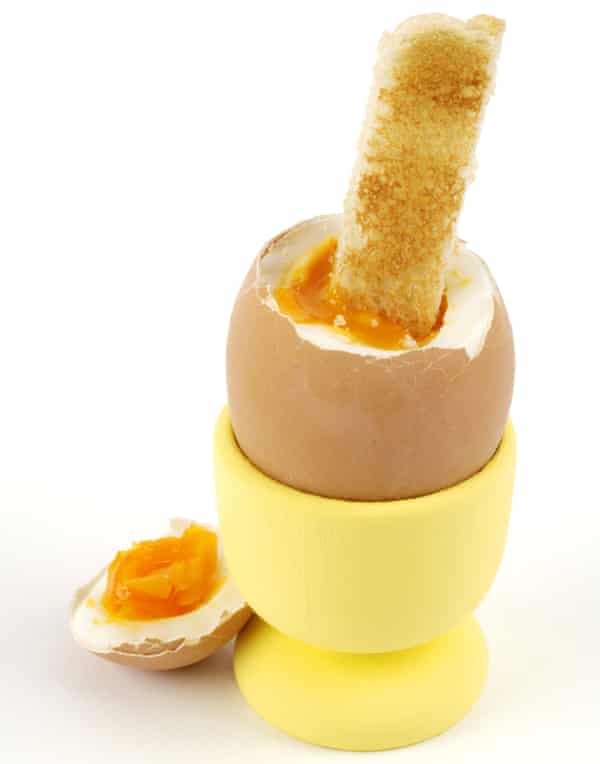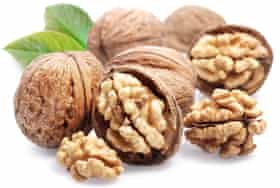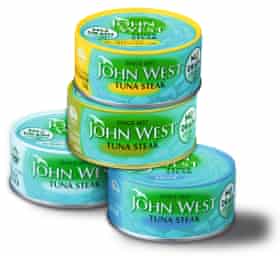Can a Diet of Just Supplements and Protein Drinks Work
P rotein is big business: as pumped-up as any ripped bodybuilder. The drinks, powders and bars that were once the preserve of top athletes have found their way into suburban kitchens and spawned an industry worth $96bn worldwide. In the UK we spend more than £66m a year on sports nutrition products: recent research found nearly a quarter of us, and 42% of men aged 16-24, had consumed one in the past three months. High street chains sell protein drinks and pots, and last year saw a rise in popularity among women.
But are they worth the hype? Protein supplements are pricey, usually heavily processed and, new research suggests, potentially unnecessary. And is a protein shake any better than a handful of nuts or a chicken breast?
The optimum amount of protein needed each day depends on your size and how active you are. The widely accepted dietary reference intake recommends around 0.75g protein per kg body weight – roughly 50g for an average sedentary person.
Nutrition scientist Bridget Benelam of the British Nutrition Foundation says most people eat much more than that. "As a population we're consuming well above the level of protein needed for health. There is evidence that 20g consumed after exercise can help with muscle growth and repair, but this can be provided by a small chicken breast, a can of tuna or three medium eggs." Unless you're an elite athlete, she says, no one needs protein supplements.

Danny Richards, a 23-year-old management consultant and keen gym-goer, got into protein shakes at university. "I was bodybuilding to bulk out," he says. "I wanted to gain muscle and change from a skinny kid to a more manly shape. I had a protein shake after a workout to repair and build muscle." He was aiming to consume 2g protein a day for every kg body weight (eg 160g protein for an 80kg man) – but found it hard to eat that much. "It meant cereal and yoghurt for breakfast, five eggs with baked beans for lunch and 300g tuna with pasta for supper." It takes a while to eat all those eggs – but, as Richards points out, only seconds to drink a shake. He also found shakes cheaper and more convenient than shopping for the equivalent foods.
But now he's switched to cross-training and wants to maintain rather than increase muscle mass, he's ditched the shakes and sticks to a balanced diet. "There's a lot of hype around shakes; some people seem to think they have supernatural properties, but really it started as a clever way for farmers to offload waste products from milk. They don't do any harm, but there's no real difference between food and a shake."
Does Benelam agree? "Getting protein from foods has the benefit that other essential nutrients will also be provided and a healthy eating pattern encouraged," she says, adding that many shakes contain hidden additives. "Protein supplements are typically based on whey from milk, but other proteins, such as soy, pea or egg, are used, too. They may also contain sugars, sweeteners, flavourings and colours."
Nor are all supplements equal. Take whey and caesin, says sports nutrition specialist Dr Mayur Ranchordas, of Sheffield Hallam University. While whey "is rapidly absorbed and increases muscle mass, casein releases more slowly and, if taken at night, encourages protein synthesis during sleep".
Protein might make you feel full for longer than high-carbohydrate foods, but overdoing it and leaving out other food groups can lead to imbalances in the diet, such as a lack of fibre. Ranchordas says most people can get enough protein from food but it depends on your goals and diet. Vegans may find supplements useful, especially if they do a lot of exercise; professional footballers will benefit from taking in protein soon after a match to help muscle recovery; a 30-year-old who starts training for a marathon would do well to consume 20-25g of protein every three to four hours – but this is achievable with lean fish and meat.

You can't stockpile protein, Ranchordas says. "There's an upper limit to how much you can take in at any one time. Once you've eaten a 30g serving, you won't absorb any more." What happens if you overeat protein? "It just comes out in your wee. There's no evidence that too much protein causes harm in healthy individuals."
Nutrition scientist Ruth Ash disagrees, warning that overeating protein can lead to weight gain. "It has four calories per gram – the same as carbohydrate. If you take in more than you burn, you gain weight and excess is stored as fat." She also fears too much protein can put pressure on the kidneys.
The key is to eat enough protein without excess calories, unhealthy additives or crowding out other essential nutrients. Food can be as bad as shakes – processed and red meat are full of protein but unhealthy in excess. The meat-free products I buy for my vegetarian children, while low in fat and sugar, are full of salt and chemicals to make them palatable.
Investment analyst Max Stein, 26, has had at least one protein shake a day for the past seven years. He feels – and looks – great, though he had stomach issues at first. "Shakes are cheaper and more convenient than chicken breasts," he says. "I have one after a workout. Most of my male friends and a growing number of female friends use them. It's not a big deal."
Experts may be reassuring about the safety of protein drinks – but that doesn't make them any more appetising. I've done a couple of marathons and a week-long charity bike ride, and tried some drinks during my training. They tasted horrendous and I struggled to keep them down.There's no way I'll be swapping real food for a tub of powder; give me a stir-fry and a bag of nuts any day.
Food maths: what does 50g protein look like?
1 grilled steak (200g)
310 calories
200g cheddar cheese
800 calories
7 boiled eggs (350g)
500 calories
350g Quorn chicken-style pieces
336 calories
350g whole walnuts
2,412 calories
2 grilled chicken breasts (200g)
215 calories

1 tin tuna in water (200g)
226 calories
3.5 scoops diluted protein powder
280 calories
Can a Diet of Just Supplements and Protein Drinks Work
Source: https://www.theguardian.com/lifeandstyle/2017/feb/01/protein-supplements-shakes-real-food-which-is-better-for-you